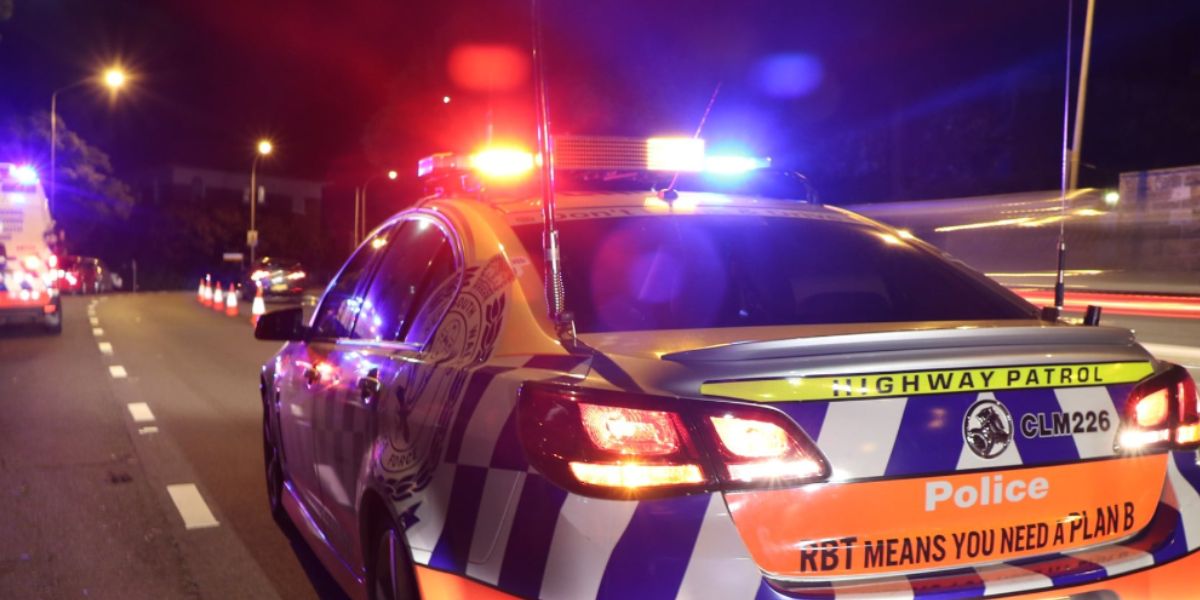The State Government is strengthening road safety laws by enhancing drug and alcohol testing of drivers and riders involved in serious injury crashes on NSW roads.
The Bill, introduced to Parliament this week, will allow blood and urine samples to be taken from a driver or rider and tested for both drugs and alcohol if they are involved in a crash that results in grievous bodily harm.
The current law, which has been in place since 2006, allows for mandatory drug and alcohol testing of all drivers involved in fatal crashes.
“This Bill will strengthen post-crash drug and alcohol testing, and further support police investigation of the most serious injury crashes on our roads.” said Minister for Roads and Regional Transport Jenny Aitchison.
“The NSW Government is sending a clear message that drink and drug driving is not acceptable and those who engage in this high risk behaviour will be held accountable, where they cause injuries consistent with grievous bodily harm.”
The Bill will support police investigations of serious driving offences in response to recommendations by the NSW Sentencing Council report on repeat traffic offenders. This will help ensure that drivers who drive while impaired and cause serious injuries face the legal consequences.
“Police are often first on the scene of serious crashes and see firsthand the irreversible, devastating impact of road trauma.” said Minister for Police and Counter-terrorism Yasmin Catley.
“Police tell me that the majority of serious crashes they are called to are preventable and not accidents – changing the language in the legislation recognises this fact.”
“This bill gives police another tool so that drivers who cause grievous bodily harm to another person can be charged with the appropriate offence.”
It also seeks to extend post-crash testing powers to bicycle riders. This means bicycle riders, like motorists, can have samples taken and tested where they are in involved in fatal and grievous bodily harm crashes.
The amendment is an important action in the 2026 Road Safety Action Plan which has a target to halve deaths and reduce injuries by 30 per cent on NSW roads by 2030.
The Bill will also deliver another key change by amending road transport legislation to replace the term “accident” with “crash.” Replacing ‘accident’ with ‘crash’ is something road safety advocates have asked for and is underpinned by the principle that any death and serious injury on the road network is preventable.


